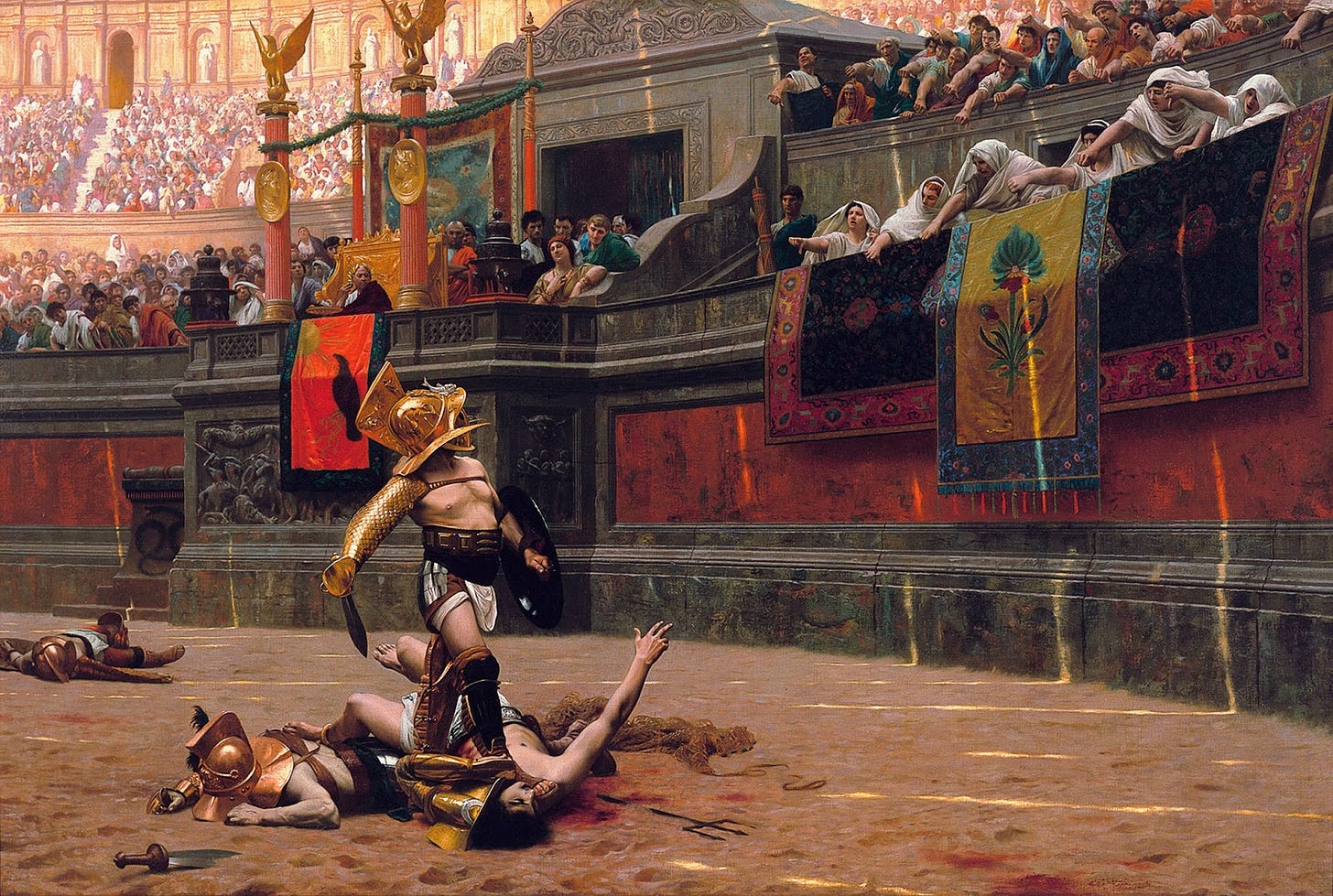There Are No More Hedgehogs
When Curiositas Runs Wild, Only Exhausted Foxes Remain

“The fox knows many things; the hedgehog one big thing.” — Archilochus, Greek poet
Augustine described the vice of curiositas as a disordered desire to know—exemplified by people rubbernecking when they see a bad car accident, or a motionless body (“are they dead?”) lying on the side of the road.
Curiositas does not mean “curiosity” (the Latin cognate does terrible things for comprehension); the meaning of the original Latin, as Augustine used it, is far more profound.
Curiositas is the modern internet; it is the discourse; it is the false muse. It is our wanting to know things which have absolutely no significant value. (An economist may argue otherwise—if it didn’t have value for us, why would we be paying attention in the first place? Yes, of course there is subjective value in it for us, the way there is in cr…



